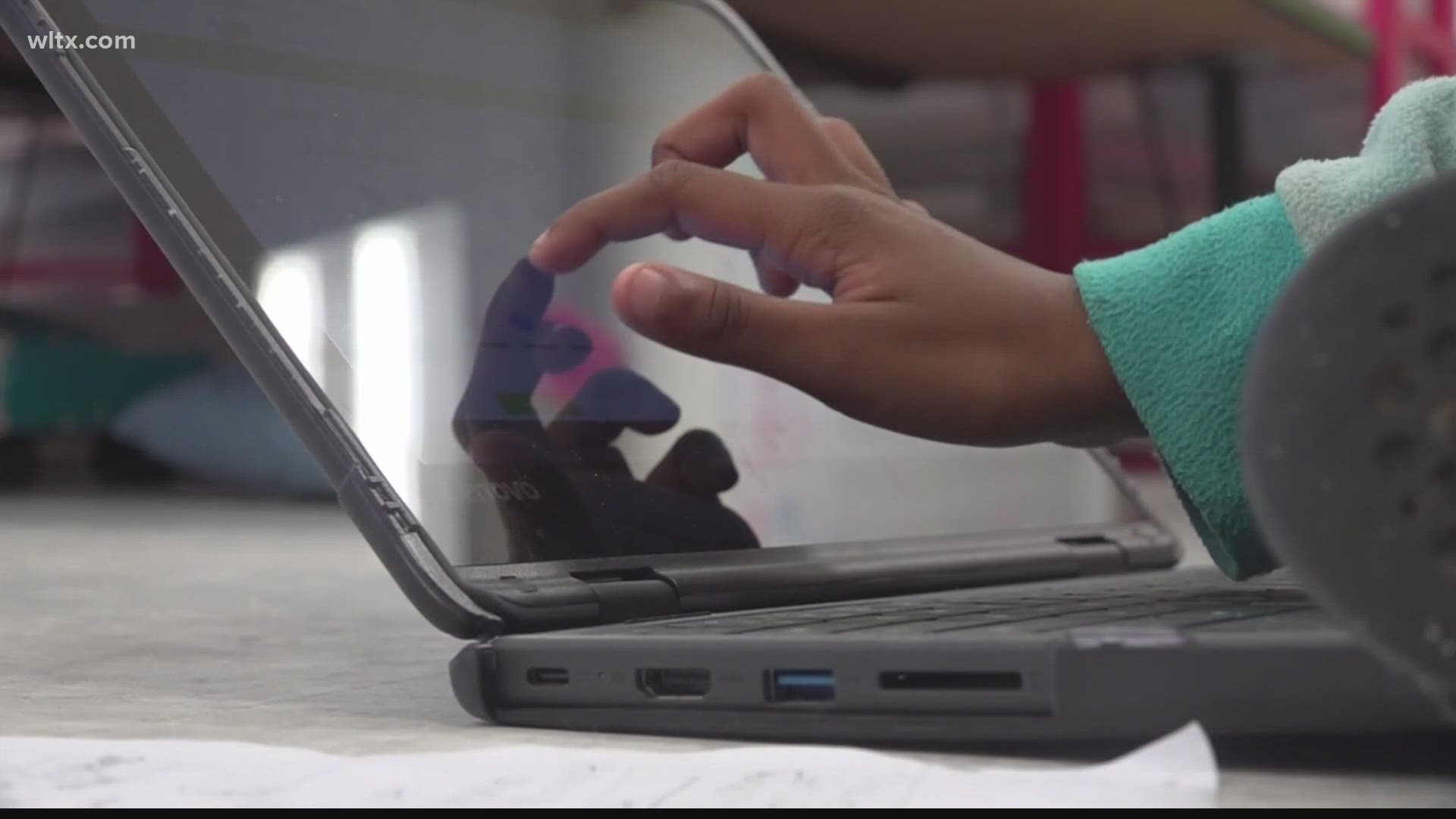ORANGEBURG, S.C. — On Monday, the Orangeburg community came together for a town hall discussion about federal funding promised for internet access, and how local HBCUs (Historically Black Colleges and Universities) can be a part of bridging the digital divide.
The organization Student Freedom Initiative has been traveling the country to inform HBCUs about applying for the federal funds that will be disbursed from the Bipartisan Infrastructure Law.
Keith Shoates is the Chief Operating Officer for Student Freedom Initiative and he says these town hall meetings have been critical in equipping communities with knowledge about this federal funding.
"Our intentions in conjunction with the two schools that are here, and the state broadband office is to make sure the voices of the community are heard. We want to make certain that all of those who are in the community who have issues or challenges with access to affordable high-speed and broadband, get it," Shoates explained.
Both Claflin University and SC State University have internet, but federal funding would expand that service off-campus in surrounding neighborhoods that are in a broadband desert.
In a study done by McKinsey & Company, they found that 82% of all HBCUs are in a 'broadband desert'.
A 'broadband desert' is a place where homes might not have a computer or smartphones at all, and may still be driving to specific places around them for internet access.
Although $552 million in federal money has been allocated to rural communities in South Carolina, these communities in need of internet access still need to apply for funding to plug it all in.
The idea is that once universities in these broadband deserts have access to broadband internet, they can give other entities in the community the road map to get started.
While HBCUs are applying for grants, communities are being encouraged to voice their needs so that federal funding can be accurately given.
South Carolina's state broadband office is hosting a public comment period until the end of November for communities to make their needs known.

